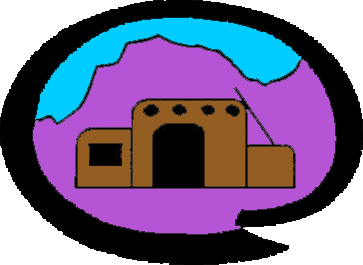

24 Hour Domestic Violence Hotline 1-800-376-2272
"Peace Begins in the Home"


It is often assumed that domestic violence shelters are only for battered women. In fact, on any given night in our state, 105 children are sleeping in one of seventeen domestic violence shelters. Children compose 55% of ACADV member shelter's client population and they are provided over 7,000 hours of intensive one-on-one counseling and over 5,000 hours of support group therapy. It is for this reason that more and more shelter programs are placing emphasis on child advocacy and child related services. Following are some of the most prominent effects of domestic violence on children. They highlight only a few of the challenges that shelter advocates face daily.
| Distress to the fetus |
Whatever affects the mother affects the baby. The fetus receives direct/indirect injuries during battering including but not limited to injuries to the nervous system, disruption of sleeping patterns and birth defects. Just as the baby hears pleasant sounds such as music, it hears anger and it feels pain. |
| Infants and Toddlers |
Because incidents of battering are the infant's earliest images and experiences, his/her first and longest-lasting impression is that the world is a dangerous place. Moreover, because the young child is helpless to leave the violent scenes, both terror and powerlessness are imprinted into the child's being. |
| Older Children |
Older children experience unresolved feelings of mistrust and fear. They see a parent sustain cuts, bruises, black eyes, or more serious injuries and may witness law enforcement, family or friends do little to protect the victim/parent. Often, children experience the same abusive behavior used against the spouse, i.e.. the abuser may embarrass, hit, or threaten the child. |
| Emotional Abandonment |
Fighting parents cannot attend to the child's emotional needs. Often, the ups and downs of abusive homes are ignored. The child feels anxiety as the tension builds. Next, the child feels fear and helplessness during the battering. Finally, the child may feel guilt for not being able to stop the batterer. |
| Constant fear |
Children fell panic during each battering episode. They may fear that the abuser will turn on them next. Children also fear what will happen to them if their mother is hurt or if their father is taken to jail. |
| Constant Anxiety |
Violence in the home means being jumpy, watchful, and on guard at all times. It means learning to read your parent/abuser's every move. Battering means learning strategies to keep our of harm's way, and not daring to sleep until the fighting is over. |


